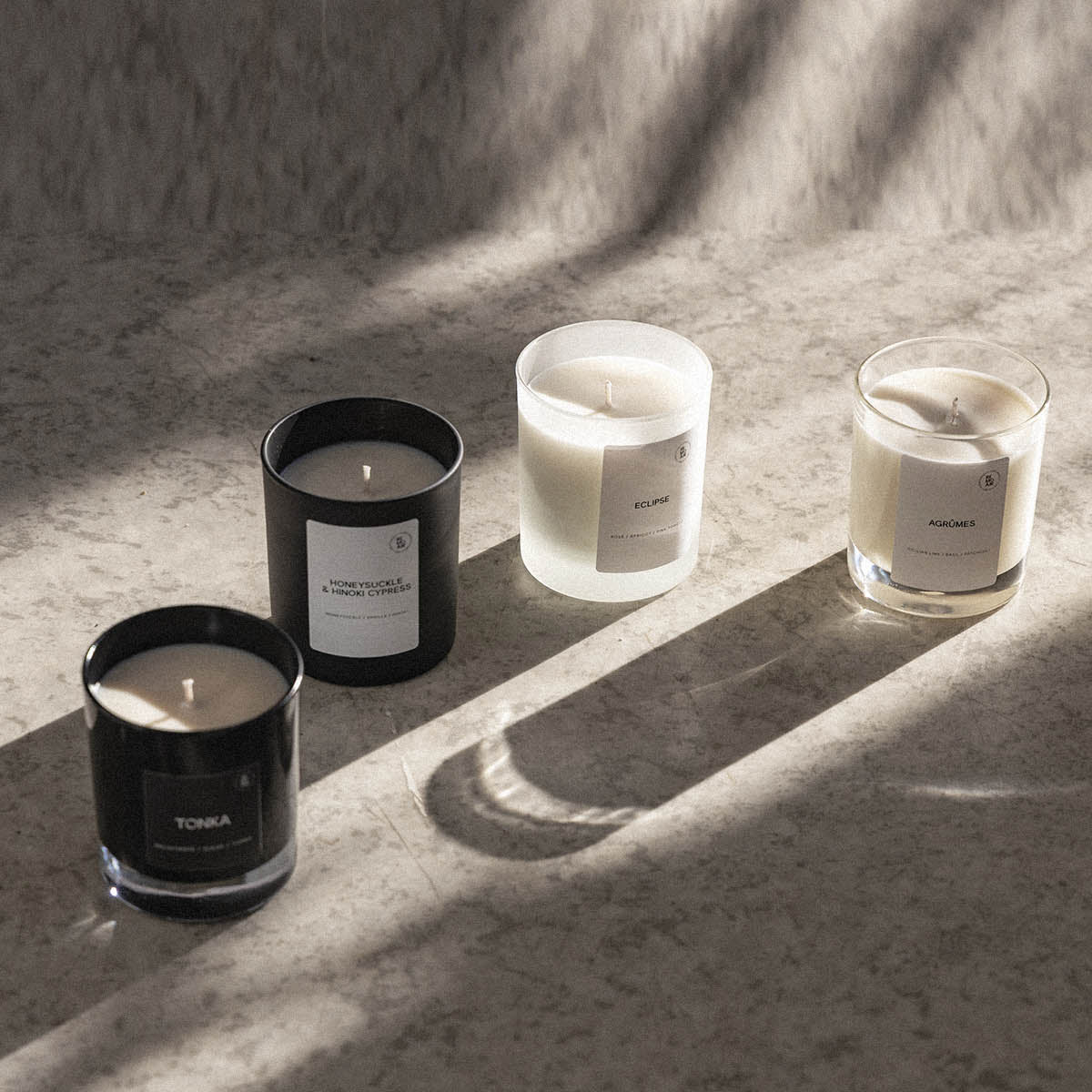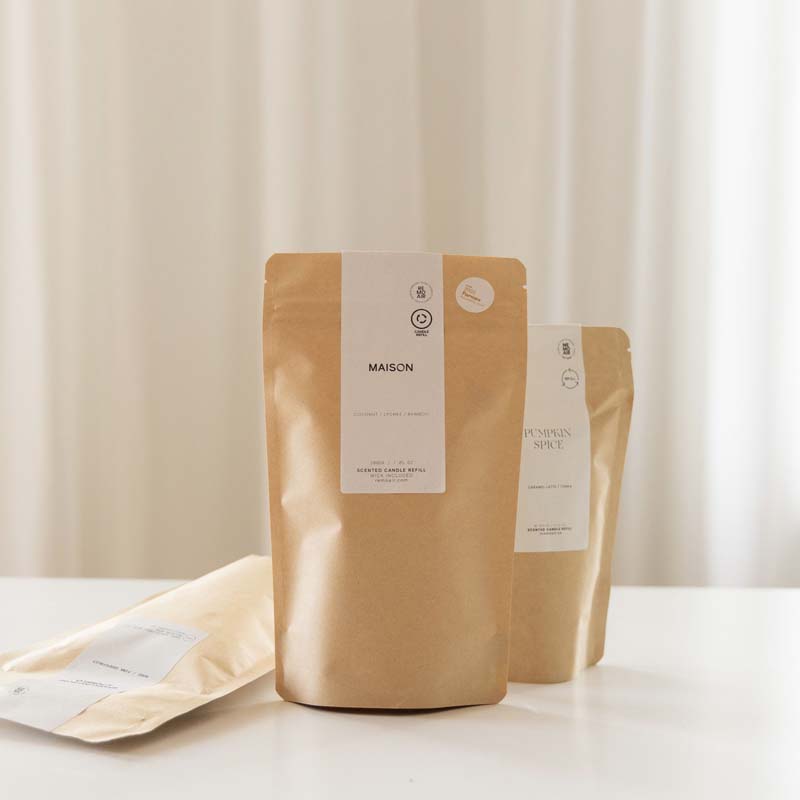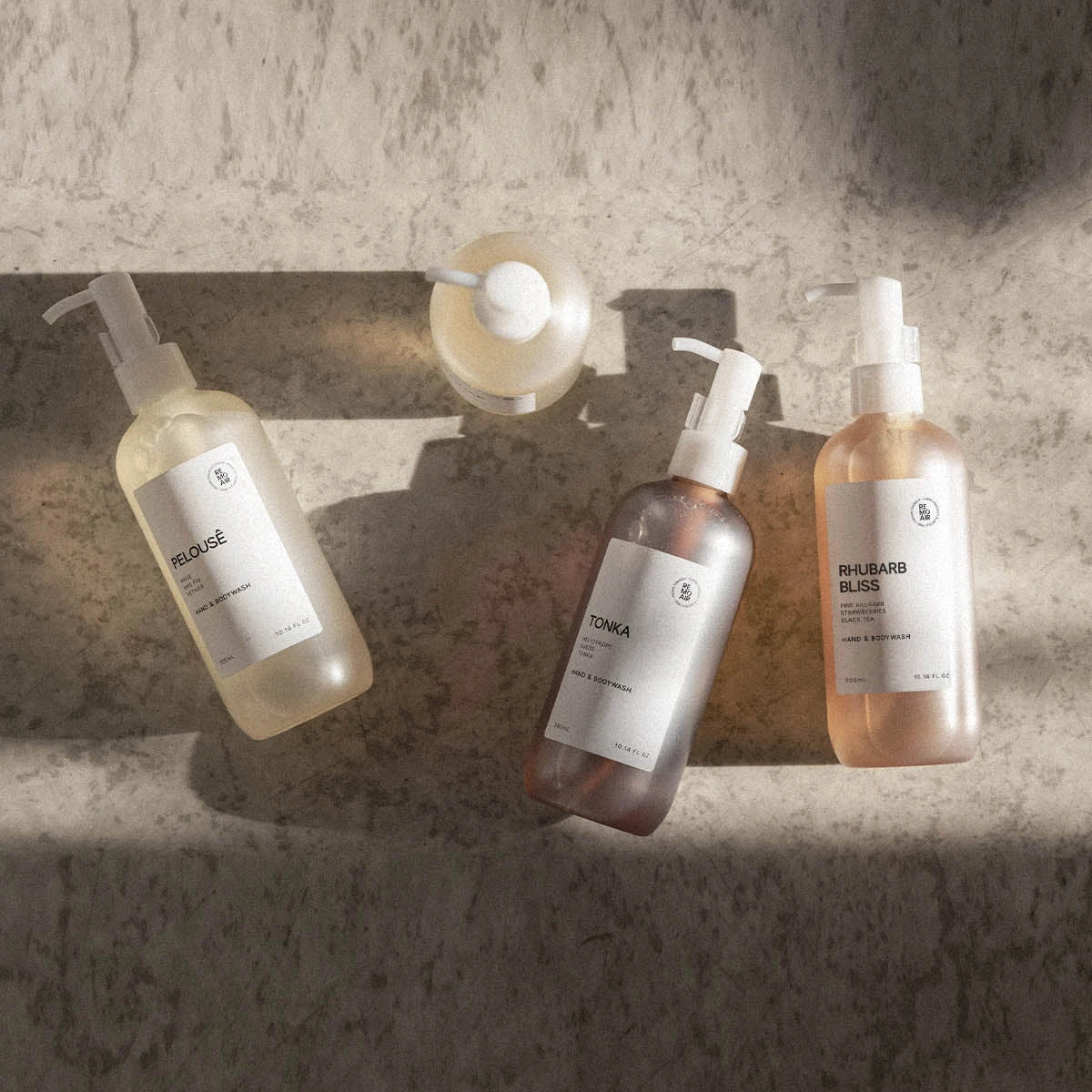Fragrance oil ⎯ Fragrance oil
As the name reveals, a fragrance oil is a fatty oil containing specific fragrance molecules. There are a whole host of fragrance oils that are both pure or blended. The mixed fragrance oils are usually meant to imitate a fragrance. Unlike essential fragrance oil, raw fragrance oils are made in more controlled and chemical forms, but over a decade (at least) of slander, the word "chemical fragrance oils" has left a bitter taste in many people's mouths. We find out how it actually is in the article about the difference between essential fragrance oil and precisely "chemical fragrance oils" - you can read it here.
What characterizes a fragrance oil?
A fragrance oil is concentrated just like essential oils. In their raw form, they smell incredibly intense, and just like essential oils, inhaling them in concentrated form can be harmful to you. An unmixed fragrance oil consists of only one or a few single fragrance molecules - the same molecules found in natural oils.
A leafy fragrance oil consists of several molecules to resemble a scent we recognize. A good example would be lavender, which consists of the molecules linalool, linalyl acetate, 1,8-cineole, β-ocimene, terpinen-4-ol and camphor. Depending on the amount of the different molecules, you can make the scent almost exactly as it is in nature.
Just like everything, there is cheap and there is quality!
Putting all chemical fragrance oil in the same compartment is like saying clothes are clothes regardless of quality. That's simply not true. There are companies that make fragrance oils with mysterious ingredients and then there are companies that are careful about what the fragrance oils contain. All of our fragrance oils are some created to suit us. They are required to be vegan, free from animal testing and must also be free from phthalates, parabens and carcinogenic substances. Then the list of requirements does not end there - they must also be safe for use with candles, scented sticks, scented sprays and cosmetic products.
How do you make fragrance oil?
Think of the production of essential oil as extracting raw materials from different parts of plants. Conversely, raw materials are instead mixed to produce fragrance oils. Usually both essential oils, resins and alcohol are used to. produce fragrance oils.
Some of the most common ingredients in fragrance oils include carrier oils, alcohols, esters, aldehydes, and synthetic compounds. They also often contain essential oils and aromatic ingredients that have been refined to enhance their aromatic properties. The manufacturing process depends on the product being created. Some are simple blends of carrier oils with aromatic ingredients. Fragrance oils are a much more varied and expansive category of aromatic products than essential oils.
Why should you use fragrance oil in particular?
If you want to be sure of the content of an oil, you can feel confident with quality fragrance oils that they do not contain allergens that may otherwise be present as trace elements in essential oils. We would not recommend buying all synthetic fragrances as they usually do not contain naturally occurring scent combinations. But one advantage of fragrance oils is precisely the possibility of producing scents that are not always found in the plant kingdom.










